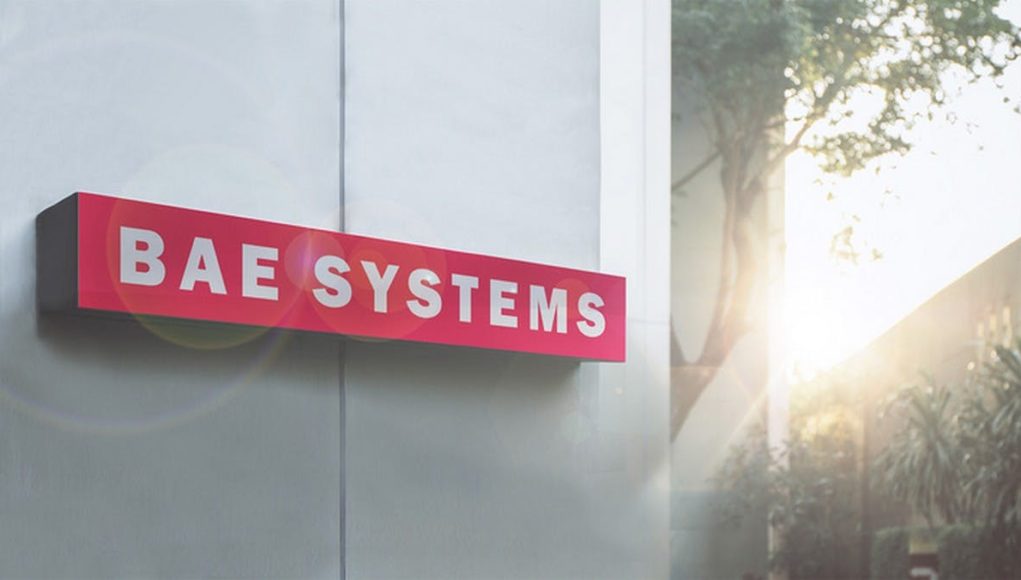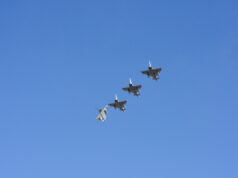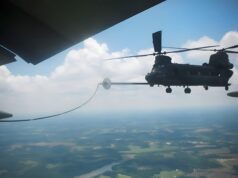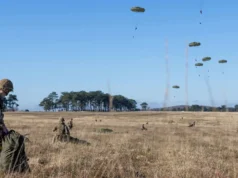BAE Systems has finalised environmental testing for NASA’s Spectro-Photometer for the History of the Universe, Epoch of Reionization and Ices Explorer (SPHEREx) Observatory, marking a milestone in the mission, according to a press release.
The SPHEREx mission aims to deliver insights into the origins of the universe and the formation of galaxies. Over its minimum two-year mission, the observatory will utilise an advanced imager to survey the entire sky in near-infrared light four times.
This effort, say, BAE, will produce the most detailed colour maps of the universe ever created, providing data on more than 450 million galaxies and millions of stars in the solar system.
The data collected by SPHEREx will address fundamental questions about the cosmos, including mapping the 3D distribution of galaxies to study the universe’s expansion since the Big Bang. Additionally, the mission will analyse the faint glow of ancient galaxies to understand their evolution and explore the role of water and other life-sustaining ingredients in planetary development.
“SPHEREx will allow us to look back into the early universe and provide new insights into how and why it came to be as it is,” said Alberto Conti, vice president and general manager of BAE Systems Space & Mission Systems, in the press release. “We’re excited to help uncover these enduring mysteries and to continue our long-standing support of NASA’s astrophysics missions.”
Beyond its primary scientific objectives, SPHEREx will identify potential targets for other space observatories, including the James Webb Space Telescope, and contribute to the foundation for future missions like the Nancy Grace Roman Space Telescope.
BAE Systems played a pivotal role in the mission, designing and building the satellite bus, as well as the instrument’s telescope and cover.
Other elements of the mission were developed by the California Institute of Technology (Caltech) and NASA’s Jet Propulsion Laboratory, with Caltech’s Dr. Jamie Bock serving as the mission’s principal investigator.
At the UK Defence Journal, we aim to deliver accurate and timely news on defence matters. We rely on the support of readers like you to maintain our independence and high-quality journalism. Please consider making a one-off donation to help us continue our work. Click here to donate. Thank you for your support!














“….and millions of stars in the solar system.”
shouldn’t this be ‘including the solar system’?